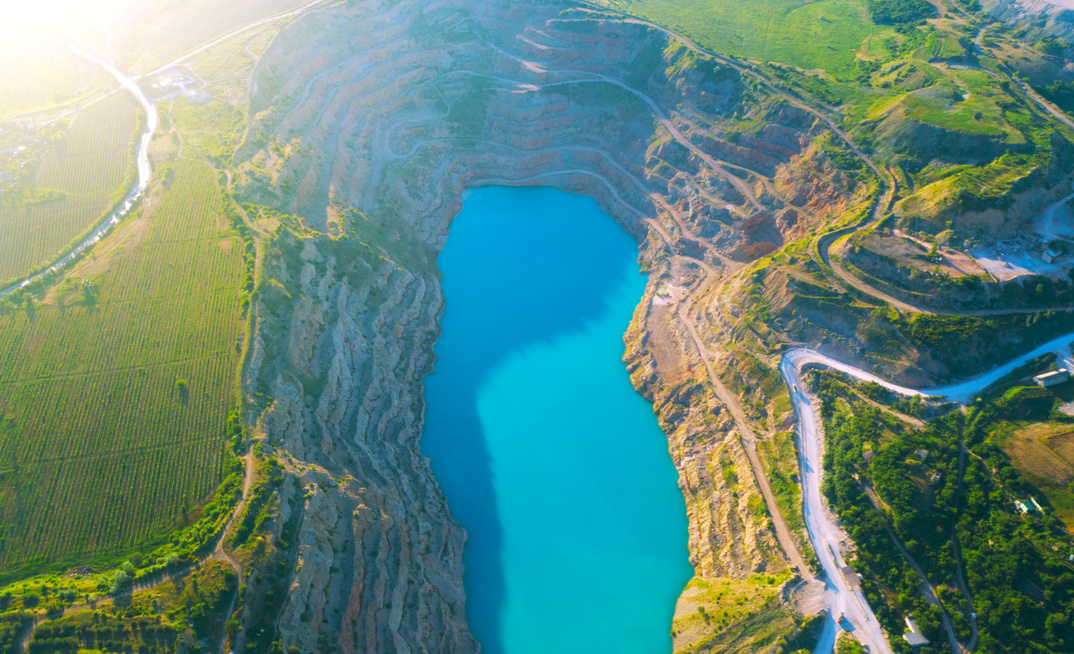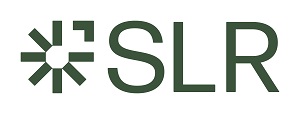And that's not just because having solid ESG credentials helps attract cheaper financing, but because the things that make up those credentials - better environmental, sustainability and governance practices - also help to create better businesses.
David Walker, technical director for mining and minerals at sustainability specialist SLR Consulting, believes ESG should not be viewed as a set of standards or metrics that need to be met, but as part of a more holistic view of sustainability that better serves miners, the communities they work in, their investors and their downstream customers.
"Quite often people talk about ESG and having ESG credentials and how it impacts on your ability to improve scores or to get cheaper or better financing and they forget that ESG is fundamentally a subset of the broader sustainability discussion. So, they quite often get mixed up and almost used interchangeably," he explains.
"But sustainability actually represents holistically the needs of the present without destroying our children's or grandchildren's future; it encompasses the environment, as well as social and economic factors to create that balance between doing good and preserving the planet's resources for the future, but also fulfilling needs of society for today."
SLR works across seven distinct industries with mining representing around a quarter of its fee revenue. And according to Walker, the industry is increasingly acknowledging how vital sustainability is and will be to its long-term prospects.
"I would say that as a whole, the mining industry recognises that there are increasing pressures on being able to deal with issues like decarbonisation, clean energy, circular or regenerative models or concepts like that, which are driving both supply and demand," he says. "These could be climate change, social or human capital issues. But transparency is probably one of the bigger ones because transparency, reporting, auditing and good governance all fit together."
And walker sees different parts of the industry as being at different stages in terms of their progress along the sustainability journey.
"As a whole, the industry is moving in the right direction. But the whole industry is not down that track equally," he adds. "Certain commodity groups are a lot more advanced than others. So, anyone dealing with battery metals or battery minerals recognises fully that they are very much part of the circular economy. They are much further ahead than, say, a coal miner."
SLR helps clients - including miners themselves and downstream beneficiaries such as automobile manufacturers - to understand what social, environmental and related risks they face as a corporate entity so they can then go on to define, refine, and implement policies accordingly. A trend Walker has spotted, and which is particularly acute within the mining industry, is a gap between corporate level rhetoric and on the ground action when it comes to sustainability.
"Even some of the big companies can be very good at defining policies in boardrooms and at the C suite level and present all the right signs in public. But then all too easily, there's a disconnect between what they say they want to achieve as a business corporately, and [what you see] when you walk on to one of the project sites in wherever it happens to be," he explains. "There's a disconnect between what they say corporately and what's actually implemented on the ground. This is in part because the messages are still filtering down and often because KPIs reinforcing production bonuses drive behaviours rather than ESG needs or scores. So, we help them fill in that gap between policy and implementation."
What Walker and his colleagues at SLR can do - and have done for their mining related clients of various type size - is offer a holistic suite of sustainability solutions their businesses built around five central themes: climate resilience; energy transition; natural capital & nature; waste & circularity; and social & community impact.
But for SLR, the key is that none of these themes sits in isolation, but must be taken together to create integrated solutions and combined with engineering and operational demands that will see miners future proof themselves against short and long-term risks.
"One of the things to recognise that - irrespective of whatever we're doing today - in five and 10 and 50 years' time, the goalposts will have moved and attitudes or understanding will have evolved so we are on a continual journey along a winding road, where there will be a lot of change to both s," says Walker. "So being flexible and understanding things that at a fundamental level is super key in delivering a right sized service."
Case Studies
SLR's work for mining companies and their end users is varied and comprehensive. It ranges from scoping studies on the use of renewable energy in Canada to provide economically viable low carbon renewable energy alternative, to the re-engineering of water supply infrastructure in the Kalahari desert of southern Africa which aimed at managing security of supply and climate change risks, to a broad assessment of climate change related risks and opportunities for a private equity investor aimed at an aggressive carbon reduction goal by 2030.
Other examples of the range of projects engaged in, SLR recently worked in Guinea with a local mining project developer on a critical biodiversity assessment and management programme to assess the local chimpanzee habitat, make an impact assessment and develop management and mitigation plans. The company was subsequently involved in preconstruction monitoring and programme development so it can play a part in outlining what remedial mitigation might be involved in protecting biodiversity at the project.
On the policy and institutional strengthening side, SLR's work has includeds an overarching evaluation of the social and environmental challenges and future opportunities for the mining sector in Armenia. On the project, SLR provided mine waste management and mine closure expertise in a region-specific context of high seismic hazard as part of a multi-organisational project team.
The consultancy also has a long-standing advisory role on Tungsten West's Hemeredon Mine, the UK's first new metalliferous mine in half a century when it was first opened by Wolf Minerals in 2015. The wide-ranging work has included geotechnical and environmental advice, as well as delivering on mine waste facility design and permits, various permits for the processing plant, mine closure scheme, environmental compliance and planning permissions.
Mine closure services are a key service offering for SLR too, and how to bring about a ‘just transition' forms a large part of the work SLR does. Among the first phases of closure is a Just Transition journey for stakeholders and communities to a post mining state. SLR works with clients to identify how the existing regulatory constraints and commitments align with the principles of Just Transition and articulate it as part of a commitment to post closure condition.
ABOUT THIS COMPANY
SLR Consulting
SLR Consulting is a global leader in environmental and advisory solutions: helping clients achieve their sustainability goals.
HEAD OFFICE:
- SLR Consulting (Canada) Ltd. 100 Stone Road West, Suite 201, Guelp, Ontario, N1G 5L3, Canada
- Phone: +12267068080
- Web: www.slrconsulting.com/en




























